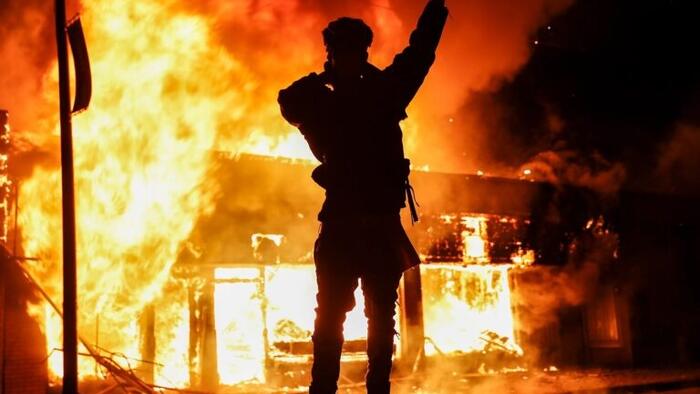In the current American political landscape, a resurgence of true conservative values is redefining the parameters of political discourse. Brandon Smith observes significant changes since the early days of the Ron Paul movement, a time marked by optimism for a conservative renaissance that recognized the realities behind many “conspiracy theories.” The division between Neo-Conservatives and Democrats is shifting, with genuine conservatives increasingly disillusioned by mainstream figures such as Mitt Romney, Liz Cheney, and Lindsey Graham. This evolution reflects a growing rejection of the prior political norms, emphasizing principles like limited government, fiscal responsibility, sound monetary policies, and a staunch resistance to globalism and moral relativism—values that have historically threatened the established elite.
Contrary to popular belief, the surge in conservative sentiment is not solely attributable to Donald Trump. While he has harnessed this growing movement, the foundations were laid long before his presidency. Smith expresses cautious optimism regarding Trump’s potential reelection in 2024, acknowledging that while he had significant shortcomings in his first term, including being surrounded by elite advisers, he also avoided disastrous policies like promoting transgender medical procedures for minors or escalating conflicts with Russia. The emergence of potential allies like Ron Paul within Trump’s coalition indicates a more favorable and principled approach to governance if he wins again.
Smith recounts a past discussion among conservative figures where the debate centered on whether to vote for Romney or Ron Paul, arguing that both represented a form of evil. He contrasts this with today’s political climate, where the perceived threat of the extreme political left is markedly clearer. His observations suggest that the conservative electorate is becoming more discerning and critical of their leaders, with accountability and specific policy goals taking precedence over party loyalty. This distinction highlights a vital shift from past election cycles, where party identity often overshadowed individual candidate evaluation.
Despite this optimism, the anxiety among globalist elites is palpable. Smith notes that prominent global figures have begun to exhibit signs of panic, as elements like ESG (Environmental, Social, and Governance) frameworks and diversity, equity, and inclusion initiatives face increasing scrutiny and rejection. As new conservative movements gain traction, figures like Lynn de Rothschild and John Kerry have shown concern about the potential ramifications of this ideological shift, revealing a growing disconnect between their agendas and the public sentiment. Smith argues that this trend signifies a profound, possibly permanent change in societal values, rather than a fleeting moment of awareness.
However, the rise of conservative ideals does not come without potential turmoil. Smith predicts that the 2024 election could face significant disruptions, with the possibility of escalating international conflicts and domestic unrest should Trump regain office. He foresees that the prevailing narratives about economic stability crafted during the Biden administration will collapse, exposing potential crises that conservatives will need to address. The legitimacy of political and economic mismanagement will likely be blamed on a Republican administration, setting the stage for tumultuous reactions from the left, especially if Trump’s victory is perceived as a direct threat to their agenda.
In conclusion, Smith emphasizes vigilance amidst the conservative resurgence, as triumphs may provoke backlash from those who feel their ideologies are under siege. The potential for chaos, both politically and socially, looms large, with leftist groups unwilling to allow the conservative ideal to prosper unchallenged. Smith’s reflections serve as a reminder of the need for preparedness and strategic positioning within a rapidly changing political environment. As history has demonstrated, periods of perceived victory often give rise to intensified conflicts; thus, maintaining a watchful stance is crucial for those invested in the preservation of their ideals in the face of opposition.

